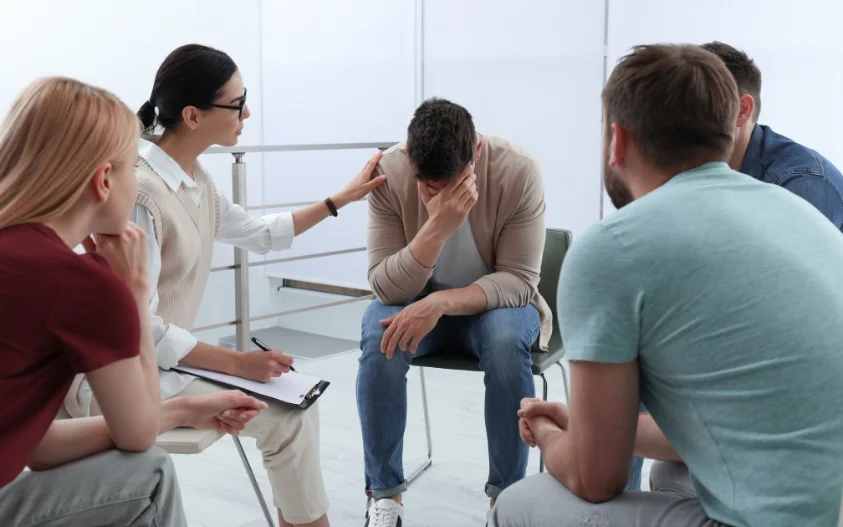24/7 Helpline:
(866) 899-221924/7 Helpline:
(866) 899-2219
Learn more about Opiate Detox centers in Morgan County

Other Insurance Options

UnitedHealth Group

Lucent

Amerigroup

Health Net

UMR

Molina Healthcare

GEHA

WellPoint

Providence

Ambetter

Cigna

Health Partners

Premera

Anthem

Highmark

Kaiser Permanente

MVP Healthcare

Private insurance

Optum

Covered California

Eastridge Health Systems
Eastridge Health Systems is a private rehab located in Berkeley Springs, West Virginia. Eastridge He...













